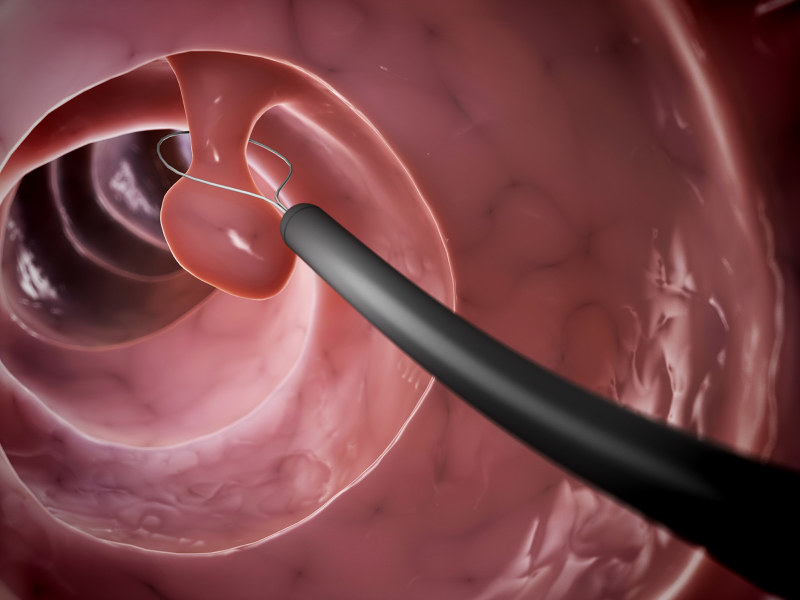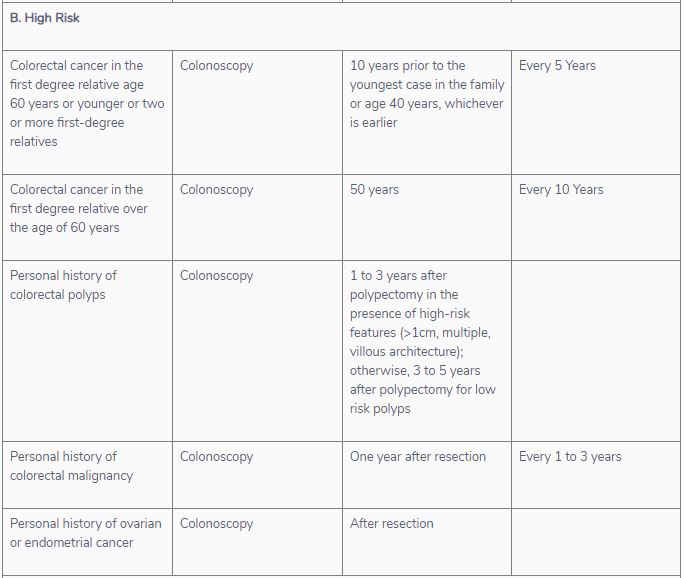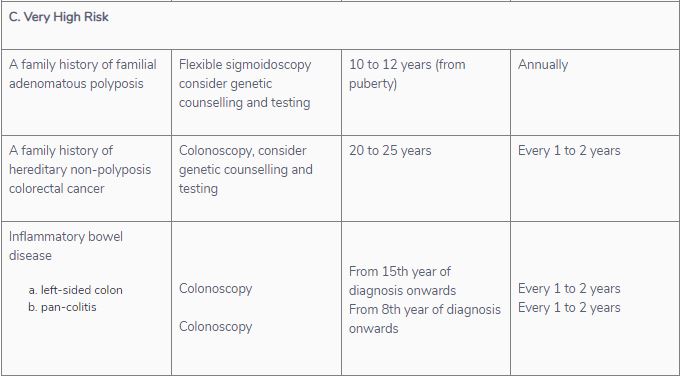SHARES

“There were no symptoms at all indicating I have colon cancer!! I am lucky to have my screening test done early when my doctor found the cancer.” Sam, 52, feels relieved to have his early stage colon cancer removed completely. The treatment would never be this successful if he did not have his colonoscopy early.
Colorectal cancer remains the third most common cancer globally. The incidence and mortality rates are on a rising trend in Asia during the last 5 years. In Singapore and Malaysia, it is the most common cancer among men and second most common in women. In Thailand, colorectal cancer ranks 3rd in both men and women.
What Causes Colon Cancer?
Sometimes abnormal growth called polyp forms in the colon or rectum. Some of these polyps, can develop into cancer over time, usually years, but not all polyps turn into cancer. Most colorectal tumours originate from polyps, but some may occur without polyps, though uncommonly.
As we age, the risk of developing colorectal/colon cancer increases. About 90% of cases occur in people aged 50 and above. Likewise, the risk for colon cancer is also higher in those having inflammatory bowel disease (Crohn’s disease or ulcerative colitis), a family history of colon cancer or polyps, genetic syndromes (eg. Lynch syndrome), etc. Also, lifestyle factors include smoking, drinking too much alcohol, being overweight or obese, lacking exercises, and having a diet low in fruits, vegetables and dietary fiber.
Early Colon Cancer – Hardly Any Noticeable Symptoms
Worst of all, colon polyps and colon cancer do not always cause symptoms, especially in the early stages. The person may not be aware of the cancer until it is too late when symptoms appear at an advanced stage. Colon cancer is highly treatable and almost curable only if your doctor can diagnose it early enough for prompt treatment. Late in the course of the disease, the cancer may have spread to other body organs, making it almost impossible for cure.
In reality, colon polyps and small tumors can cause minor bleeding that cannot be seen with the naked eye. Other symptoms are too common and unspecific which can easily go unnoticed. If you have symptoms, these could be blood in your stool (and resulting anaemia), persistent tummy pain, changes in bowel movement (constipation and diarrhoea), and weight loss.
Screening Tests for Colon Cancer
With the purpose for early detection, regular screening tests are so important to catch the disease in its early stage. Examples of screening tests are as below:
Stool examination
The guaiac acid fecal occult blood test (gFOBT) can detect blood in the stool that is not visible to the eyes. You will receive a test kit from your doctor for this test. At home, use a stick or brush to remove small amounts of stool as test samples. After that, return the samples to your doctor or laboratory for testing.
This test is useful to catch cancer in between other tests. It can be done once every year
Flexible Sigmoidoscopy and Colonoscopy
For these test, your doctor inserts a thin, flexible, and light tube into your back passage. Be rest assured, you will be given medication to help you relax and sleep during the procedure. Before the procedure, your will need to fast and your doctor will provide you with bowel preparation medicine to help empty your bowels.
During the procedure, your doctor will be able to check for polyps or cancer inside the rectum and colon. A colonoscopy uses longer tube to check the entire length of large intestine whereas a sigmoidoscopy checks a shorter length of the colon.
The advantage of sigmoidoscopy and colonoscopy screening is that the colo-rectal surgeon will be able to remove polyps they find during the procedure. This means stopping cancer in its track, or “nipped in the bud” so to speak.
CT Scan
In computed tomography (CT), colonoscopy, also known as virtual colonoscopy, your doctor uses multiple X-rays to create images of the entire colon. Then, the images are computed for analysis by a doctor.
With CT scans, if the investigation indicates presence of polyps, you need to undergo colonoscopy to remove them.
When Should I Start the test?
As our risks increase with age, regular check-ups starting from age 50 are key to preventing colon cancer. Having said so, those with certain risk factors for colon cancer may need earlier and frequent screening before the age of 50. These includes inflammatory bowel disease, having a close relative with colon polyps or colon cancer, genetic syndromes (eg. Lynch syndrome, familial adenomatous polyposis).
Talk to your doctor to find out about your risks, when to start watching, which test (or combination of tests) suits you, and how often to get tested.
How Often Should I Undergo Colonoscopy?
Conclusion
Colorectal cancer almost always develops from abnormal growth (polyps) of the colon or rectum. Screening tests can detect and remove them early before they develop into cancer. In fact, the most effective way to reduce your risk of colon cancer is to get regular colon screening cancer tests.
References:
1. Colorectal (colon cancer): what should I know about screening [Internet]? Centers for Disease Control and Prevention. 2020. (Available from: https://www.cdc.gov/cancer/colorectal/basic_info/screening/index.htm; last updated on 2020 Feb 10; last accessed on 2020 Nov 11)
2. Colon cancer screening [MedlinePlus]. U.S. Department of Health and Human Services. 2020. (Available from: https://medlineplus.gov/ency/article/002071.htm; last updated on 2020 Oct 8; last accessed on 2020 Nov 11)
Find a GP/Family Doctor and Colorectal Surgeon in Malaysia, on GetDoc
Find a GP/Family Doctor and Colorectal Surgeon in Singapore, on GetDoc
by Chang Xian
View all articles by Chang Xian.









